|
A personal view from James Capon
Introduction Dietary guidelines and other government sponsored recommendations increasingly tell us to eat less meat, particularly red meat and consume more plant-based foods, both for our personal health and for the health of the planet. Yet a growing body of research shows it's not meat but an increasing proportion of ultra-processed food in our diets that is harming us - and the planet too.  A plate of tasty Sicilian vegetables, but is their most important health attribute that they are plant-based? A plate of tasty Sicilian vegetables, but is their most important health attribute that they are plant-based? Nutrition or nutritionism The abundance of research analyses telling us what to eat and what not to eat, all grounded in scientific microanalysis is not leading to a healthier world. When chronic, non-communicable diseases such as type-2 diabetes have reached epidemic proportions, the studies seem increasingly to be beside the point. The much used metaphor of rearranging the deckchairs on the Titanic often comes to mind - and in nutrition circles, this seems to be on a weekly basis. There are other factors involved. I am left wondering why there isn’t more emphasis on the quality of what we eat in its entirety; on its provenance, preparation and even our eating experience - how and where and with whom we eat our meals. After all, the French spend on average twice as much time on eating their food as Americans: two hours and 13 minutes in total per day. Are they healthier because of that? Could it be that consuming food primarily for pleasure rather than seeing it as a source of human fuel (nutritional sustenance), makes you a happier and healthier person?
Let’s be honest. Dietary advice doesn’t have a good track record In the 80’s, 90’s, and noughties, we switched to low-fat or no-fat milk, avoided butter and consumed egg white omelettes and other tasteless horrors, while steadily eating more and more sugar and sweeteners. Nutritionists advised us that cholesterol in food was bad for us (not true), that natural fats such as butter and cheeses would clog our arteries (absolutely not true) and that fibre-rich cereals would improve our digestion (maybe true for some, but not me). Packaged foods proudly showed off their heart-healthy and five-a-day labels approved by institutions like the American Heart Association, rather surprisingly including cans of beans and spaghetti, and cereals such as Honey Crunch Corn Flakes. Back then, calorie control was the main slimming message but as the adage goes, if WeightWatchers (formed in 1963) really did help you to lose weight, the brand would not still be around today (even in its slimmed down WW format). What we are left with 20 to 50 years on is increased levels of obesity, type-2 diabetes, food consumption related cancers, mental disorders and a whole range of eating disorders. In related matters, in spite of the efforts of Big Tobacco, we succeeded in cutting back our smoking habit thanks to a blend of clear research data and excellent well-funded public health campaigns. And, we discovered (re-discovered?), re-interpreted or perhaps re-invented the Mediterranean Diet. We all agree on the nutritious benefits of the Mediterranean Diet... don't we? The Mediterranean diet was defined in 1973 by Ancel Keys, the American researcher who believed that replacing dietary saturated fat with polyunsaturated fat (aka vegetable seed oils) would reduce cardiovascular heart disease. More recently, the Harvard definition has become established as the norm for research purposes: "a primarily plant-based eating plan that includes daily whole grains, olive oil, fruits, vegetables, beans and other legumes".
In other words, the food and cooking experience was recognised by UNESCO as being equally important to the food itself, which jars with the focus of most reductionist research papers which generally adopt a food-for-fuel approach. On the other hand, perhaps that's not surprising when you consider how much more difficult it is to incorporate measurements that reflect the qualitative nature of the eating and cooking experience. There are 21 countries that share coastlines along the Mediterranean Sea. Ancel Keys focused on Italy in his 7 countries study over 70 years ago, and that's the main reason why his post-war experiences working almost exclusively with white males have led to this bread and pasta rich dietary advice. Ironically, if you travel along the coast to the south of France or Spain, you can enjoy a range of decidedly non-mediterranean diet alternatives. The Spanish love their pork, having the third highest per capita consumption rate for pig meat on the planet and still manage to achieve below average rates for type-2 diabetes. So as we now approach the end of the first quarter of the 21st century, it is worth asking whether those giving us today’s dietary advice are making further mistakes? And if so, what will the consequences be this time? The Influencers 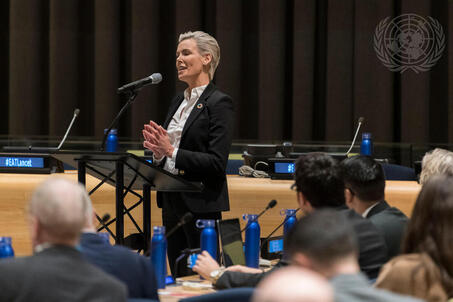 Gunhild A. Stordalen, Founder and Chair of the EAT Foundation at the launch of the EAT-Lancet Report on Food, Planet, Health. Gunhild A. Stordalen, Founder and Chair of the EAT Foundation at the launch of the EAT-Lancet Report on Food, Planet, Health. A lot of what happens in dietary communication comes down to the lobbying power of the key movers and shakers in the nutrition world. In the late 20th century, the loudest voices spoke out against saturated fat, inadvertently driving us towards harmful trans-fats and an excess of omega-6 rich seed oils. Today, these influencers are cosying-up to the vegan groundswell that has crept up on us, albeit more in the name of reducing greenhouse gases than improving nutrition standards. Two pieces of research have been quoted more than any other in this context, firstly, the EAT_Lancet Commission on Food, Planet and Health in 2019 which brought together 37 scientists from across the globe and posed the question: “Can we feed a future population of 10 billion people a healthy diet within planetary boundaries?” The answer, published as a report just over 5 years ago, has been cited many times and become a major source of influence for those recommending dietary interventions. The core recommendation for all global citizens was to limit our annual meat intake to 15.7 kg per person per year to keep in line with our greenhouse gas related climate goals. Put in context, that’s around eight times less than the current recommended amount in the US. I should note at this stage that the key authors of the report, Messrs Willett and Springman and the Chair of the EAT Foundation were already well known for their anti-meat views. The EAT Foundation also includes many links via its Fresh arm (the Food Reform for Sustainability and Health program formed at Davos in 2017) to the ultra-processed food manufacturing community, from PepsiCo to Nestle and more. But let’s put that to one side. Meat eating was also addressed in another highly influential scientific report, the Global Burden of Disease Risk Factor analysis (GBD), which announced to loud fanfare that deaths due to eating unprocessed red meat had increased a remarkable 36-fold between 2017 and 2019. Given that their 2017 report stated that diets high in red meat were considered to be the least important of 15 dietary risk factors, this was indeed quite extraordinary. In the space of just two years, eating red meat had apparently become the fifth leading global dietary risk factor for deaths and disability-adjusted life-years. What was going on? Flaws in the studies, but never corrected The overall message from these studies, when taken at face value, is that both for the good of the planet and for our own health, we should be avoiding red meat, or at least limiting its consumption to special occasions while also reducing chicken, pork and fish consumption by considerable amounts. But there were major flaws in both studies. The EAT_Lancet recommended diet has for example, been found to be inadequate in iron, zinc, calcium and vitamin B12. That is where a reductionist scientific approach, when applied appropriately, can be of great help. As to the GBD’s authors, they admitted after other scientists had examined their data, that red meat could in fact be protective and that there was a “clear protective relationship between red meat intake and haemorrhagic stroke”. This subject matter has been taken up recently by Professor Alice Stanton in a contribution to the science journal Nature made in February 2024, where she points out that despite the public acknowledgement of many errors and limitations in these two papers by their authors, they have never been corrected appropriately. A search still brings you to their original published papers, so if for example you are a journalist putting together information on the topic, you may never discover anything about the mistakes. Because of this, Professor Stanton argues, significant reports at national and international level continue to erroneously influence food policy decisions and international dietary guidelines. She cites revised guidelines such as the World Wildlife Fund’s Livewell Diet, and the Nordic Nutrition Recommendations from 2023, but there are many other influential touchpoints created by these flawed and uncorrected scientific reports. What is clear is that many pretty radical diet-related decisions are being taken today based on incorrect or flawed nutrition research. Let's look at Denmark and New York City - to review just two such touchpoints. A new action plan for plant-based food in Denmark 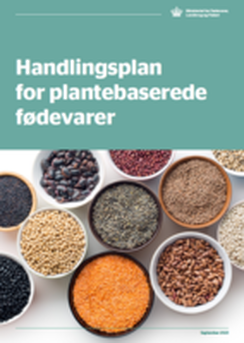 New Danish plant-based guidelines from late 2023 New Danish plant-based guidelines from late 2023 The following words are from Jacob Jensen, the Danish Minister for Food, Agriculture and Fisheries, in his forward to Denmark’s new Action Plan for Plant-based Food. “Plant-based foods are the future. There is no doubt that if we want to reduce the climate footprint from agriculture, we must all - in line with the Official Dietary Guidelines - eat more plant-based foods.” But is there really such a direct correlation between reducing the climate footprint from agriculture and eating more vegetables? Can we convincingly say that avoiding red meat will make us healthier? The EAT_Lancet plant-friendly diet, represents a health risk because of the low levels of nutrients and micronutrients recommended – particularly relating to iron and zinc for women of reproductive age. An admittedly small study published in early 2024 showed that newborn babies of mothers who consumed a vegan diet weighed on average 240 grams less than babies born to mothers who followed an omnivorous diet in pregnancy.
The city of Amsterdam has recently become the first capital city in the EU to back a so-called plant-based treaty, whose goal is to combat the environmental impact of animal agriculture and promote healthier, sustainable plant-based diets by transitioning from animal-based diets. Already in 2021, Amsterdam unveiled plans to encourage residents to move to a diet that is at least 60% plant-based by 2030, in collaboration with public institutions like hospitals and community centres which needed to enhance the availability of plant-based food. The EAT_Lancet study is cited in both cases.  Mayor Eric Adams of NYC Mayor Eric Adams of NYC This Plant Based Treaty initiative, has now been endorsed by 21 cities worldwide, including New York City. Mayor Eric Adams is a leading voice in the movement having declared that he reversed his own diabetes after shifting from a processed food diet, consisting of fast food and donuts, to a whole foods plant-based diet. “I saw an immediate difference in my health. Within three months, I lost weight, lowered my cholesterol, restored my vision, and reversed my diabetes.” (Sounds to me as if Mayor Adams was previously enjoying what’s become known as SAD – the Standard American Diet. This author would certainly support more people eating whole foods vs ‘SAD’ ultra-processed foods, but that’s not how the mayor interpreted things). As well as Meatless Mondays, Friday menus are now entirely vegan in NYC's public school system which serves over a million students in 1,800 schools. It will be interesting to assess the consequences some years down the road.
The dangers of eating too much ultra-processed food The negative nutritional impact of eating too much ultra-processed food (UPF) is completely missing from the new Danish action plan. In so doing, the report ignores both highly industrialised farming (pesticides, petrochemical fertilizers etc.) and the food industry’s manipulation of basic foodstuffs to create ingredients such as maltodextrine, high fructose corn syrup, protein isolates, or its use of processes such as the enzymatic hydrolysis of carbohydrates. Such ingredients and enabling processes determine the nature of many of the so-called plant-based foods which Danish consumers are being encouraged to eat. In a way, this omission is unsurprising given that the major influence for this Danish plan came from the EAT_Lancet report referred to earlier, which chose to not mention the term ultra-processed food... not even once. 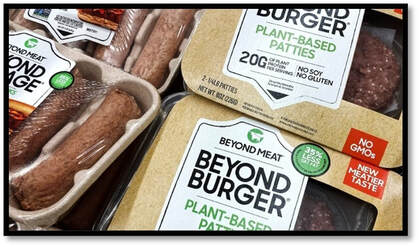 Preferred food at institutions around New York Preferred food at institutions around New York The implication from the Danish report is that eating meat and dairy foods contributes to an ‘unhealthy diet’, but this is simply not true. In fact, as Professor Stanton points out, the lessor bioavailability of protein and key micronutrients from plant-source foods versus animal-source foods is not adequately recognised nor addressed in any of the reports which have influenced such action plans. The same goes for New York City where the irony is that the mayor refers to moving away from a processed food diet, while his office serves up highly processed Beyond Beef burgers to visiting delegations. A more constructive message would be that putting health first means avoiding ultra-processed foods whether they are of animal or plant-based origin. In popular ready-made foods like chicken nuggets or fish fingers, the meat proportion is often less than the amount of fillings and coatings. Britain's best-selling sausage, for example, only contains 42% pork, but plenty of flavourings, preservatives and emulsifiers. A recent BMJ article features the sub-headline, “Ultra-processed foods damage health and shorten life”, while quoting the latest meta-analysis from Australia’s Deakin university which concluded that, “Greater exposure to ultra-processed food was associated with a higher risk of adverse health outcomes, especially cardiometabolic, common mental disorder and mortality outcomes. Furthermore, high consumption was linked to a 22 per cent greater risk of depression, and about 50 per cent higher risk of anxiety and poor sleep”. These are worrying results for us all given the 2024 WHO study published in the Lancet which informs us that over 1 billion people worldwide now suffer from obesity. “While not eating enough is the main cause of being under-weight, eating badly is a prime factor for obesity”, they remind us. Farming and the environment – there's more to it than GHG emissions Nutrition is one side of the coin, but of great importance in the EAT_Lancet recommendations was the need to reduce greenhouse gas emissions. Almost everyone now accepts how important that is, but we should not forget that in the agricultural sector, these emissions are just one component of a complex subject matter covering fertilizer use, water, soil quality, pesticides, pollination, pollution, the over-use of monocrops, food processing and much more. While it is often written that cattle and other animals have an excessive impact on the environment, the same can also be said of all inputs to ultra-processed food. In addition, a higher avoidance of animal-based foods is associated with a higher consumption of UPFs. For good or for bad, vegans and vegetarians tend to eat more such ultra-processed food, with their diet contributing over-proportionally to a negative environmental impact. When agricultural output gets turned into ultra-processed packaged food, the GHG statistics tell a different story. A recent summary of fifty ultra-processed related studies found that UPFs are in essence fundamentally unsustainable products. They are responsible for significant diet-related environmental impacts, accounting for “between 17 and 39% of total diet-related energy use, 36–45% of total diet-related biodiversity loss, up to one-third of total diet-related greenhouse gas emissions land use and food waste and up to one-quarter of total diet-related water-use among adults”.
An omnivore oriented realfood, or minimally processed diet containing vegetables, legumes, fruit, meat, dairy and fish brings with it lots of agricultural diversity combined with nutritional benefits at both nutrient and micronutrient level. Then, if we also enjoy are meals with others, our sense of well-being improves too. According to Harvard's Graduate School of Education, "Regular family dinners are associated with lower rates of depression, and anxiety, and substance abuse, and eating disorders, and tobacco use, and early teenage pregnancy, and higher rates of resilience and higher self esteem". The EU is steadily making progress 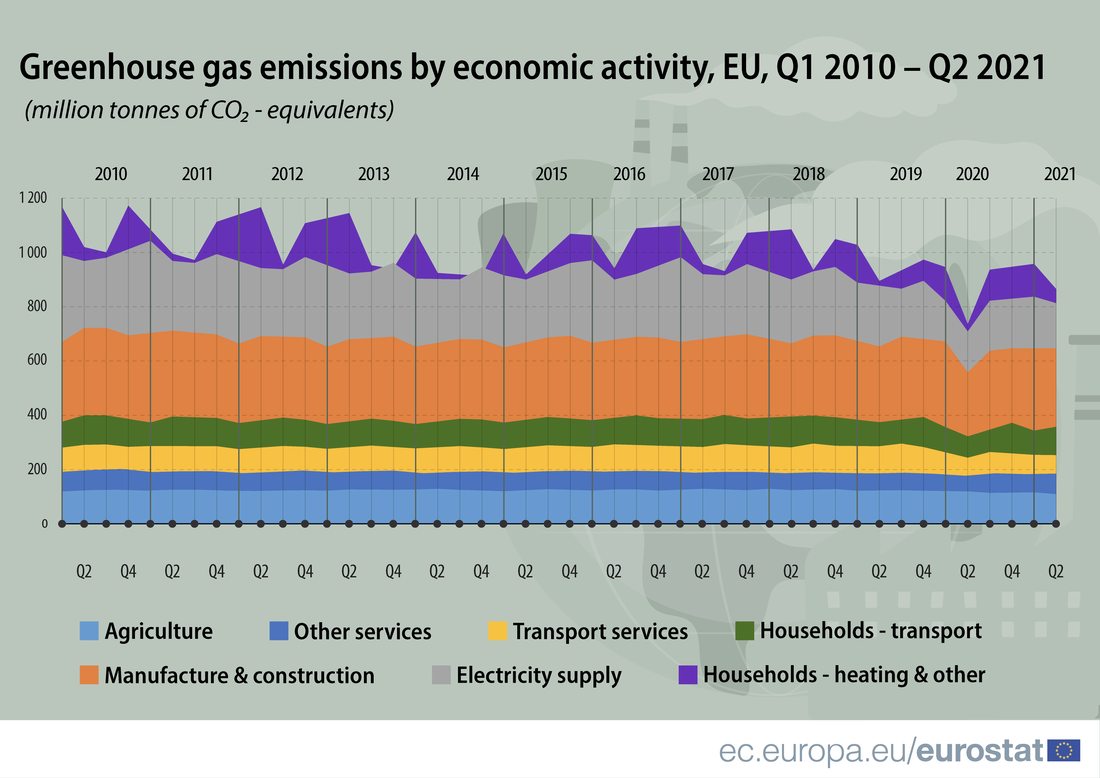 In Europe, farming represents just 1/10th of Europe’s GHG emissions but the sector also provides us with something essential for life, sustenance and nourishment, and... credit where credit is due, the EU is already on a positive GHG pathway though... there's much more to be done. Cow burps do famously contain methane but it’s worth reminding ourselves of the bigger culprits when it comes to greenhouse gas emissions. Improving the insulation of our houses across the board might well be a better place for us to focus our attention. Progress is steadily being made in reducing farming emissions but Energy, Transport, Industry and Buildings contribute nearly 80% of total GHG emissions within the EU. They are the main culprits. As the European Parliament noted in October 2023: “Fuel combustion is responsible for more than three quarters of EU greenhouse gas emissions. Decreasing energy consumption and developing cleaner energy sources are key to reaching the EU’s climate goals and reducing its dependency on imports from non-EU countries.” The Influence of BigFood The term BigFood is used by many, usually in a pejorative manner, to group together the biggest food companies who talk about the positive contributions they make to health and society and yet increasingly profit from our poor eating habits. Following a quick examination of the product and brand portfolios of the biggest players, a better term than BigFood might be BigUPF, particularly considering the largest, Nestlé, whose mission statement says they will "unlock the power of food to enhance quality of life for everyone, today and for generations to come".
But we still eat too much meat don’t we? Well, we certainly eat much more chicken than we did 60 years ago. Per person, we eat slightly less beef, a little more pork but… nearly 6 times as much chicken, yet from all the publicity and GHG comments, you’d think we eat more beef. Sometimes you’d be forgiven for thinking that although eating red meat has been a traditional part of most diets for thousands of years, it has recently started to kill us? Contrary to what is commonly said, inhabitants of Europe and the USA already eat a lot less beef per capita than they did 50 years ago. Americans do eat more meat in total, but only because they now eat so much more chicken - as does most of the world. Could it be that eating more chicken is associated with more obesity and diabetes? After all, rates of type 2 diabetes have risen from around 1% to 10% globally in the last 50 years. As good citizens, we've been advised to eat more white meat (and done so); but there again, what has really changed is the amount of highly processed food we eat. 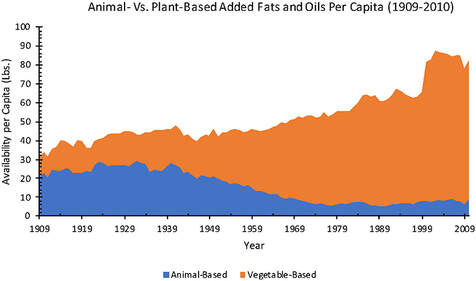 We also eat more sugar-free sweeteners and there is one other significant change looking at the longer-term perspective and that's the significant rise in our consumption of plant-based fats (most consumed as oils or margarine). These are mostly but not exclusively seed oils ranging from sunflower oil to rapeseed/canola oil, soybean oil, corn oil, peanut oil, linseed and more. We are using easily accessible US stats again, but they represent the same general trend as in most other higher income countries. The main consequence is that we now eat much more omega-6 oil than we used too. Conclusion The title posed the question whether plant-based, anti-meat rhetoric is beside the point. I believe that to be often the case. Many factors other than health and the environment are worthy of our consideration when we decide whether or not to eat meat, ranging from animal suffering to the ethics of factory farming, religious beliefs and more. But to review that decision in terms of what is more or less nutritious for our human bodies, we deserve access to unbiased and clearly communicated information based on the best research available. Poorly conducted research reviews combined with the many behind-the-scenes lobbying agendas out there will only lead to confusion – as in the famous, ‘one day eggs are good for you, the next day they are not’ news reports. No wonder many people are exasperated and no longer trust the increasingly faddish diet and nutrition industry. But the subject matter of this post is not concerned with the mainstream media, the gutter press, individual Instagram posts or the comments coming from opinionated influencers for that matter. My concern is that repetitive false reporting can all too easily lead people down the wrong pathways. We're not talking fake news here but rather, poorly informed and often incorrect news which when repeated often enough can lead to brainwashing. The very nature of science relies on a true and accurate reflection of reality, and if we get that wrong, it lets the manufacturers and marketers of highly profitable ultra-processed foods off the hook. By shifting the blame for environmental damage and increasing health problems across society to those who choose to eat meat, these researchers deliver a solid dose of confusion with some added feelings of guilt thrown in. They end up helping the big ultra-processed food concerns who will simply adjust their marketing campaigns accordingly. Reducing greenhouse gas emissions is something to work on across all of agriculture, but if we want better health outcomes, evidence is accumulating that supports dietary guidelines which focus on preparing, cooking and eating less processed food, together with the re-introduction into schools and home life of the skills we need to cook, and an appreciation for real ingredients. Fake, ultra-processed food may be cheap and convenient in a time-stressed world, but if we treat it as an inevitable component of our life, the proportion of those suffering from diabetes, obesity, depression and other metabolic disorders will continue to grow uncontrollably. It is hardly a wonder that now, over 1 billion inhabitants of Planet Earth are considered obese and that most of these people are to be found in the more affluent, westernised countries. Sources:
https://fvm.dk/foedevarer/handlingsplan-for-plantebaserede-foedevarer Handlingsplan for plantebaserede fødevarer https://www.eumonitor.eu/9353000/1/j9vvik7m1c3gyxp/vkmiobvzi1x7?ctx=vhsjgh0wpcp9#:~:text=Fuel%20combustion%20is%20responsible%20for,imports%20from%20non%2DEU%20countries. Reducing carbon emissions: EU targets and policies https://www.statista.com/statistics/1325132/ghg-emissions-shares-sector-european-union-eu/ GHG emisions EU https://www.globalfoodjustice.org/nutrition/public-call-for-retraction-of-gbd-19 it’s time to retract the 2019 global burden of disease risk factor study https://obgyn.onlinelibrary.wiley.com/doi/10.1111/aogs.14778 Vegan diets may raise risk of preeclampsia and low birth weight, study says https://www.thetimes.co.uk/article/serious-errors-in-research-linking-deaths-to-red-meat-qtdh28fv5 ‘Serious errors’ in research linking deaths to red meat https://www.sciencedirect.com/science/article/pii/S0022316622000037?via%3Dihub - Consumption of Ultra-Processed Foods by Pesco-Vegetarians, Vegetarians, and Vegans https://www.oecd.org/gender/balancing-paid-work-unpaid-work-and-leisure.htm Time spent eating and drinking https://futurefoodtoday.com/food/new-york-mayor-boosts-plant-based-treaty/ NYC Mayor boosts Plant Based Treaty https://www.bmj.com/content/384/bmj-2023-077310 Ultra-processed food exposure and adverse health outcomes: umbrella review of epidemiological meta-analyses https://www.bmj.com/content/384/bmj.q439 Reasons to avoid ultra-processed foods https://www.newscientist.com/article/2379973-almost-40-per-cent-of-us-girls-and-young-women-have-low-iron-levels/ https://sustainablebrands.com/read/collaboration-cocreation/unilever-google-nestle-join-forces-to-transform-global-food-systems Twenty-five leading global companies, including Google, Nestlé, Unilever, PepsiCo, DuPont and Kellogg’s announced during the World Economic Forum Annual Meeting in Davos, Switzerland that they were joining together to launch FReSH, the Food Reform for Sustainability and Health program, under the leadership of the World Business Council for Sustainable https://www.sciencedirect.com/science/article/abs/pii/S0959652622027445?via%3Dihub and https://www.healthsystemtracker.org/chart-collection/u-s-life-expectancy-compare-countries/#Life%20expectancy%20at%20birth,%20in%20years,%201980-2022 Anastasiou, K; Baker, Phillip; Hadjikakou, Michalis; Hendrie, G A; Lawrence, M (2022). A conceptual framework for understanding the environmental impacts of ultra-processed foods and implications for sustainable food systems. Deakin University. Journal contribution. https://hdl.handle.net/10536/DRO/DU:30175365 https://www.gse.harvard.edu/ideas/edcast/20/04/benefit-family-mealtime The benefit of family mealtime https://globalizationandhealth.biomedcentral.com/articles/10.1186/s12992-023-00990-1 What is the purpose of ultra-processed food? An exploratory analysis of the financialisation of ultra-processed food corporations and implications for public health https://apps.carboncloud.com/climatehub/product-reports/id/1343989886704 The carbon footprint of Kellogg’s Corn Flakes https://www.foodpolitics.com/2021/06/24491/ Nestlé admits 70% of its products are junk foods
0 Comments
Leave a Reply. |
Sammy Pepys"FAT IS OUR FRIEND" ADVOCATES A DIET: Sammy Pepys was the pseudonym used by James Capon when writing this book. He is not a doctor or a nutritionist but has studied nutrition and holds an MPH from Edinburgh University. Over the years, he has become increasingly suspicious of today's conventional wisdom about diet and health. When it comes to what we eat, he has helped many learn to eat more healthily.
Archives
May 2020
CategoriesArchive
|
||||||||||||||||||||||||||||||||||||||
| 1_blog_march_2014.docx | |
| File Size: | 546 kb |
| File Type: | docx |
| 2_blog_april_2014.docx | |
| File Size: | 245 kb |
| File Type: | docx |
| 3_blog_may_2014.docx | |
| File Size: | 642 kb |
| File Type: | docx |
| 4_blog_june_2014.docx | |
| File Size: | 426 kb |
| File Type: | docx |
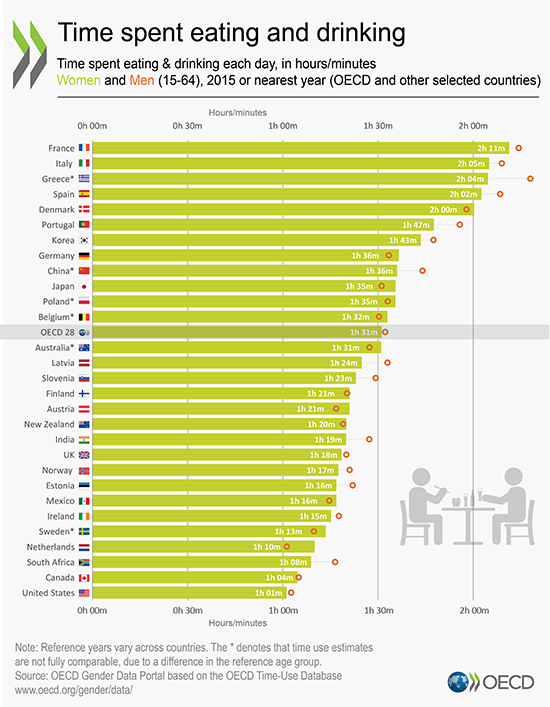
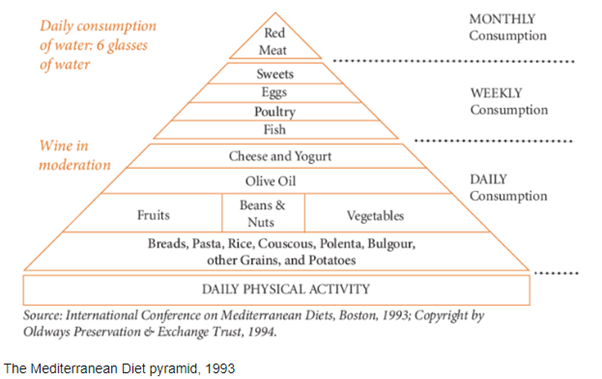
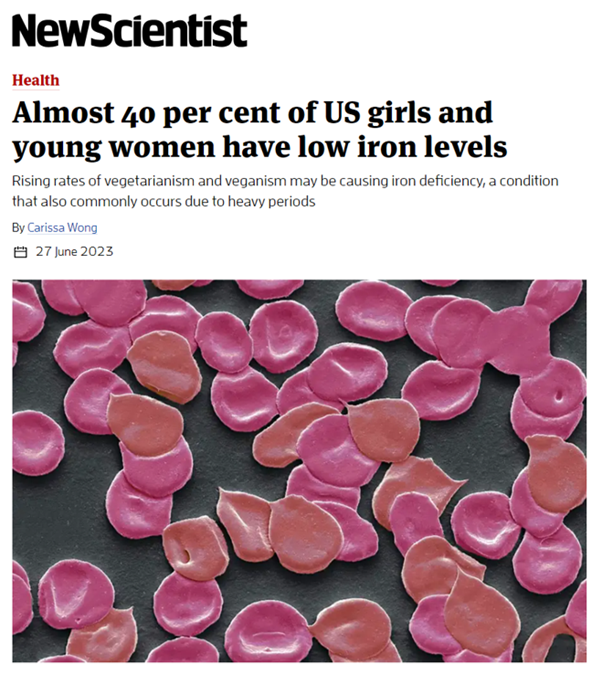
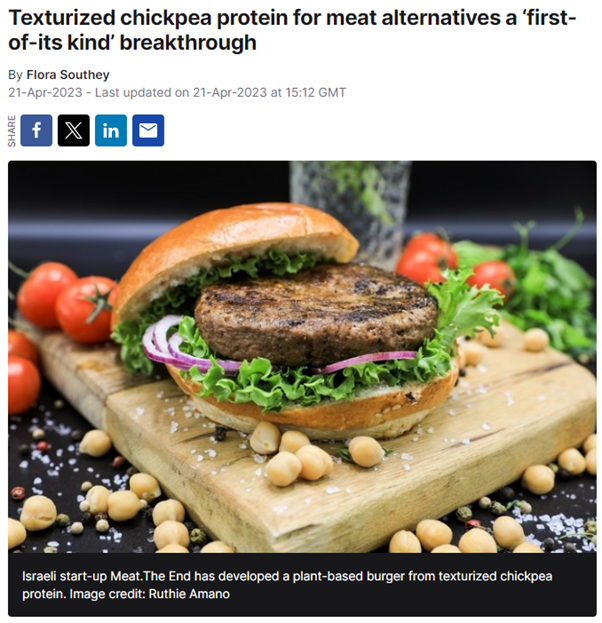
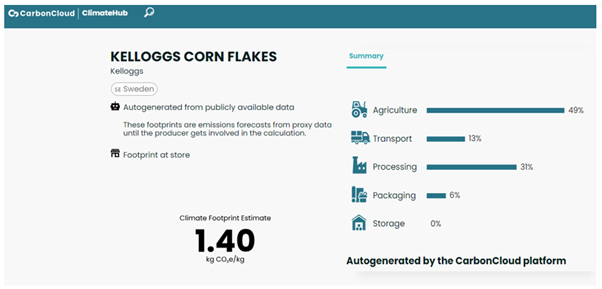
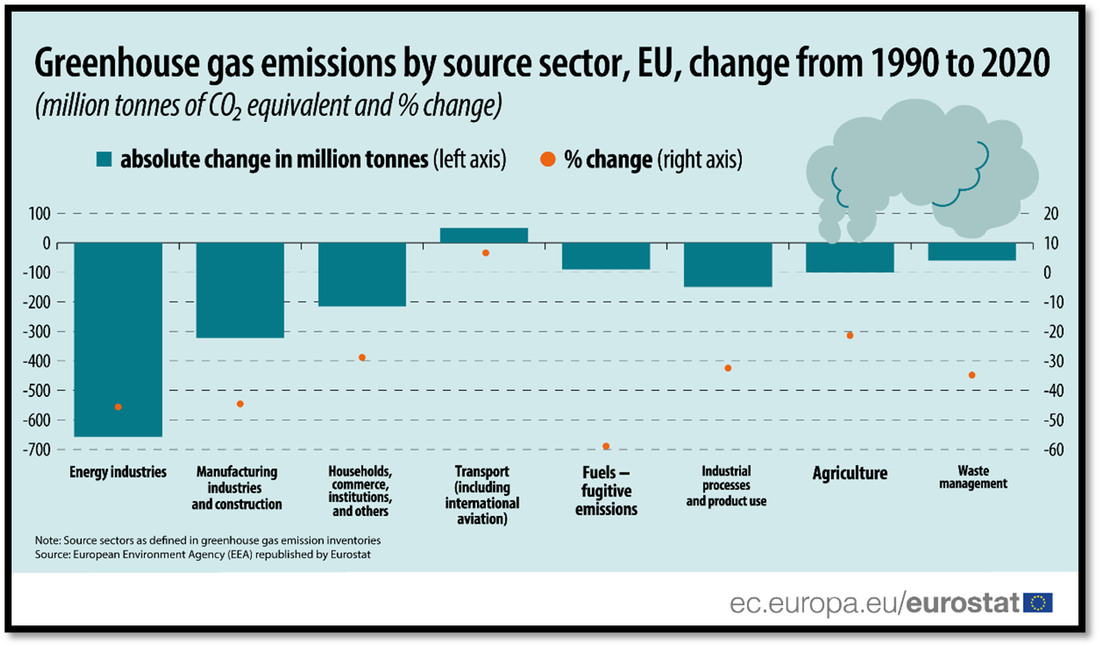
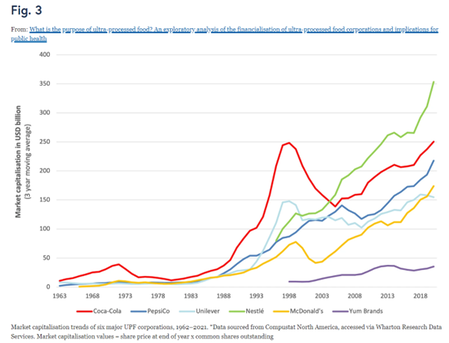
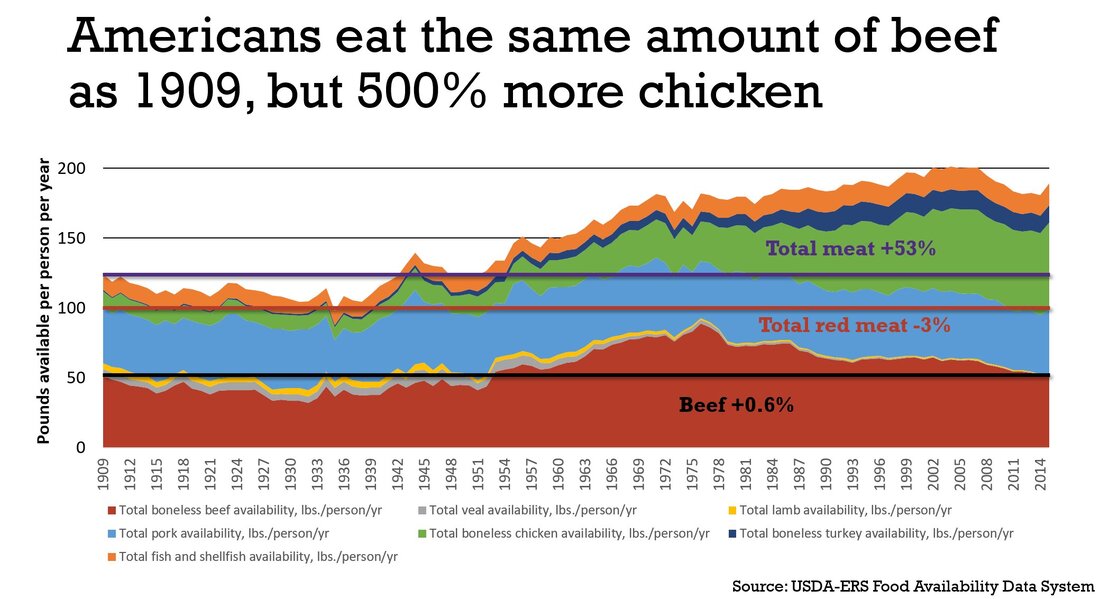
 RSS Feed
RSS Feed